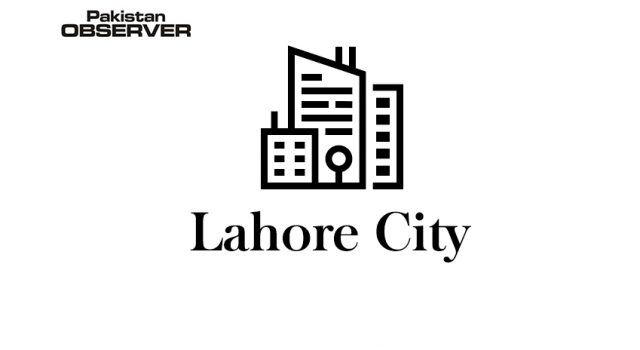The University of Okara’s Institute of Pure & Applied Zoology (IPAZ) and School of Applied Biology (SAB) organized a webinar in collaboration with the Oil Crops Research Institute, Chinese Academy of Agricultural Science.
The main theme of the webinar was to ‘Apply Latest Genome Editing Technology to Develop New and Sustainable Food Resources in Developing Countries like Pakistan’.
Prof Dr Muhammad Wajid, Chairman IPAZ and SAB, while addressing the audience, said, “We can improve the agricultural production by increasing the biotic and abiotic resistance.
As the climate change is inevitable, so we have to use the genome editing technology to reduce the food insecurity in Pakistan.
We can improve the contribution of agriculture sector in GDP under the direction of the Prime Minister of Pakistan whose government has initiated the agricultural transformation plan.”
Prof Dr Qiong Hu, Prof Chaobo Tong, Dr Li Chao and Prof Dr Cao Tong from the Chinese Academy of Agricultural Sciences also addressed to the participants and vowed that we were ready to collaborate with Faculty of Life Sciences, University of Okara to exchange students and faculty to enhance the working relationship and improve the agricultural sector of Pakistan.
The faculty of the IPAZ and SAB decided that we would use new technology to enhance the oil quality, yield and biotic & antibiotic resistance in crops by ensuring the bio-safety protocols and national laws while producing genome edited products in the UO.










